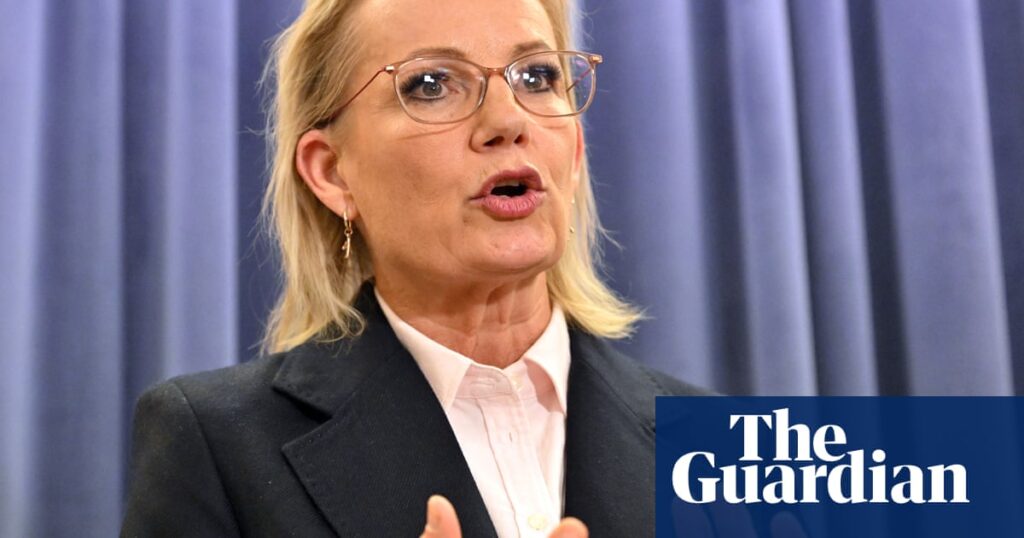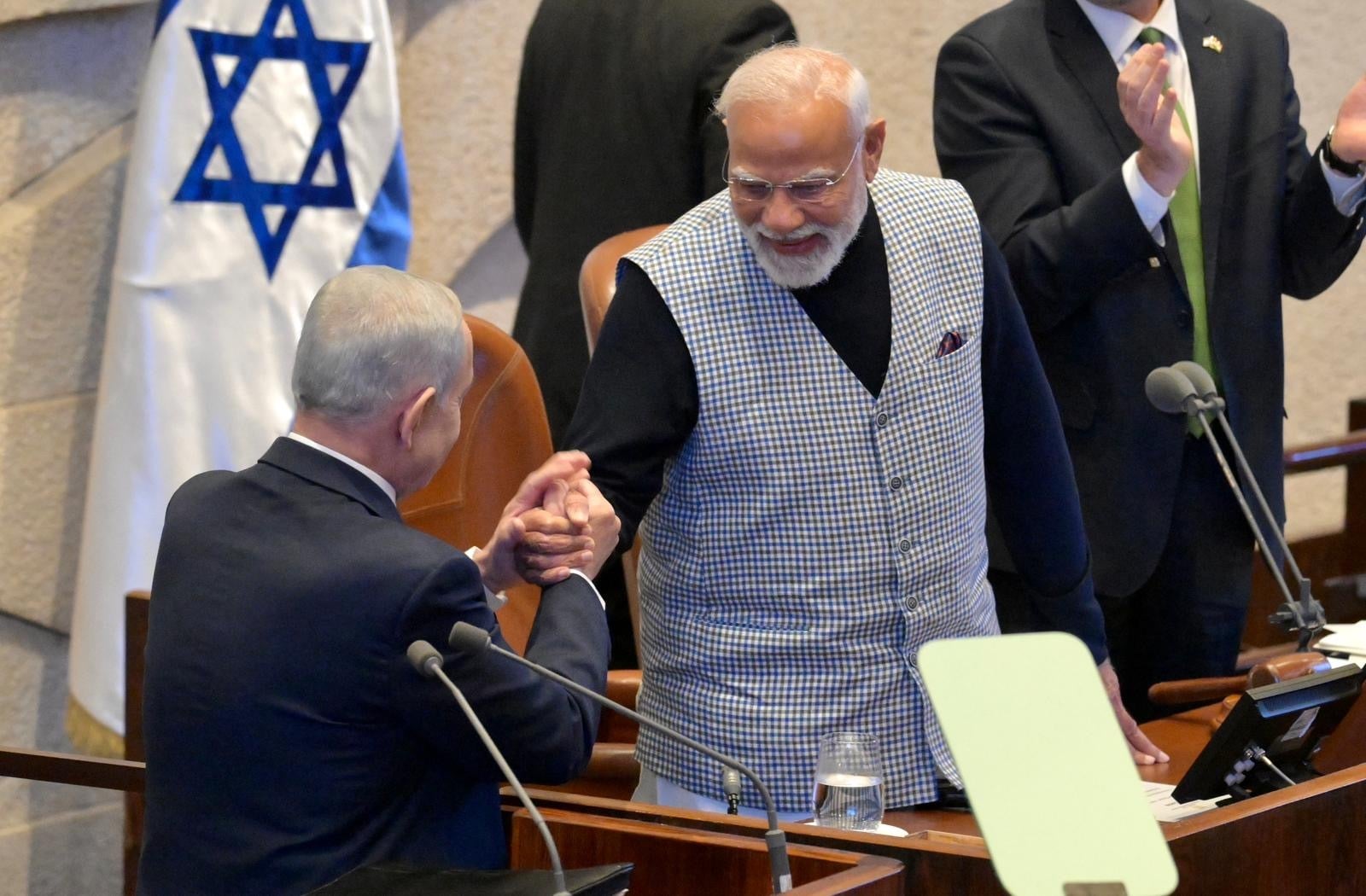
Prime Minister Anthony Albanese has come under fire from opposition parties after announcing a reduction in staffing for Coalition MPs following Labor’s decisive victory in the recent federal election. The move has been described as “vindictive” by opposition members, who argue it undermines their ability to hold the government accountable.
Pauline Hanson, leader of One Nation, has also criticized the decision, claiming her party was unfairly targeted after doubling its Senate seats. She accused Albanese of making a “capricious and politically motivated” decision against right-wing parties.
With federal parliament set to resume on July 22, Albanese has finalized staffing allocations for opposition and crossbench MPs for the upcoming term. The prime minister holds the discretion to allocate personal staff, who are crucial for policy development, political strategy, and media relations.
Staffing Cuts and Their Implications
After weeks of uncertainty, Albanese informed opposition leader Sussan Ley that the Coalition would lose approximately 20 personal staff roles, including 16 senior adviser positions. Prior to the election, the Coalition had 106 personal staff positions, with 39 based in former opposition leader Peter Dutton’s office.
Labor sources indicate that the decision was influenced by the Coalition’s reduced numbers after losing 15 lower house seats and three Senate spots in the May 3 election. Despite gaining 21 new MPs and senators, the government also decided to cut about 10 of its own positions, reducing its overall staffing numbers.
“The Australian people deserve an opposition that is resourced appropriately to be able to hold the government to account, especially during such a precarious and challenging time for our country,” said James McGrath, the shadow special minister of state.
Historical Context and Political Reactions
The Coalition argues it is entitled to 21% of the government’s allocation under a longstanding parliamentary convention, which would equate to about 102 positions for Ley’s team. However, the opposition will receive approximately 85 roles, distributed across Ley’s 30-member shadow ministry, which is similar in size to Dutton’s previous frontbench.
This is not the first time Albanese has faced criticism over staffing allocations. At the start of the last term, he reduced crossbenchers’ staffing, sparking outrage. Eventually, the government increased the number of electorate officers from four to five to help manage workloads.
Impact on Minor Parties and Crossbenchers
The Greens have also seen a reduction in their staffing numbers after losing three seats and the defection of Dorinda Cox, bringing their federal parliament representation from 15 to 11. They will receive about 3% of the government’s share, equating to roughly 14 positions, down from 19 in the previous term.
Meanwhile, One Nation’s Pauline Hanson expressed her discontent with the allocation. Previously, Senate crossbenchers, including Hanson and Malcolm Roberts, were allocated two senior advisers each. Following their electoral gains, One Nation was allocated four adviser positions, one for each senator.
“Adequate staffing only applies if the prime minister doesn’t deem you a political threat,” Hanson stated. “I will seek an urgent meeting with the prime minister in an effort to renegotiate the staff One Nation are allocated.”
Looking Ahead
The prime minister’s office has defended the decision, stating it is “routine practice to revise staff allocations in a new parliamentary term.” A government spokesperson noted that staffing allocations are based on “a range of considerations, including demonstrated need and individual circumstances.”
As parliament prepares to reconvene, the debate over staffing allocations highlights ongoing tensions between the government and opposition parties. The outcome of these negotiations will likely impact the dynamics in Canberra, influencing how effectively opposition parties can challenge government policies in the coming term.






